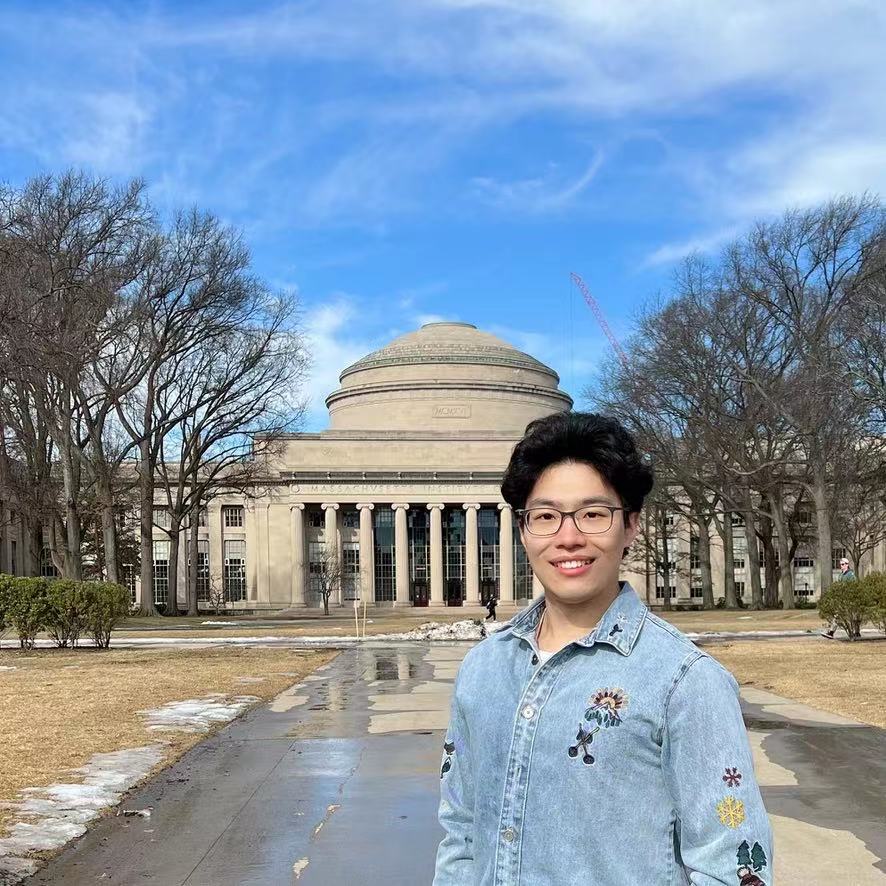ECE 618: Invited Talk at Apr. 18
Hanrui Wang

[Related Papers]
- [HPCA’22] Quantumnas: Noise-adaptive search for robust quantum circuits
- [DAC’22] RobustQNN: Noise-Aware Training for Robust Quantum Neural Networks
- [DAC’22] On-chip QNN: Towards Efficient On-Chip Training of Quantum Neural Networks
Title
QuantumNAS: Noise-aware Search and Training for Robust Quantum Circuits
Remote Access
[Zoom] @ 19:20, Apr. 18
Bio
Hanrui Wang is a PhD student at MIT. His research interests are quantum computer system, quantum machine learning and ML for systems. He received B.Eng. from Fudan University in 2018, and M.S. from MIT in 2020. He was a DAC Young Fellow, recipient of Analog Devices outstanding student designer award, Baidu graduate scholarship and Qualcomm Innovation Fellowship.
Talk Abstract
Quantum noise is the key challenge in Noisy Intermediate-Scale Quantum (NISQ) computers. We propose QuantumNAS, a framework for noise-adaptive co-search of the variational circuit and qubit mapping. Finding the best variational circuit and its optimal parameters is challenging due to the large design space and parameter training cost. We propose to decouple the circuit search and parameter training by introducing a novel SuperCircuit. The SuperCircuit is constructed with multiple layers of pre-defined parameterized gates and trained by iteratively sampling and updating the parameter subsets (SubCircuits) of it. Then we perform an evolutionary co-search of SubCircuit and its qubit mapping. After obtaining the circuit architecture, we further propose noise-aware training of the parameters. Specifically, we propose post-measurement normalization to mitigate the feature distribution differences between noise-free and noisy scenarios. Furthermore, to improve the robustness against noise, we propose noise injection to the training process by inserting quantum error gates to the circuits according to realistic noise models of quantum hardware. Finally, post-measurement quantization is introduced to quantize the measurement outcomes to discrete values.
Extensive experiments on 8 classification tasks using 6 quantum devices demonstrate that QuantumNAS improves accuracy by up to 43%, and achieves over 94% 2-class, and 34% 10-class MNIST classification accuracy measured on real quantum computers. We also open-source our “TorchQuantum” library for noise-aware search, training, and deployment of quantum circuits.

